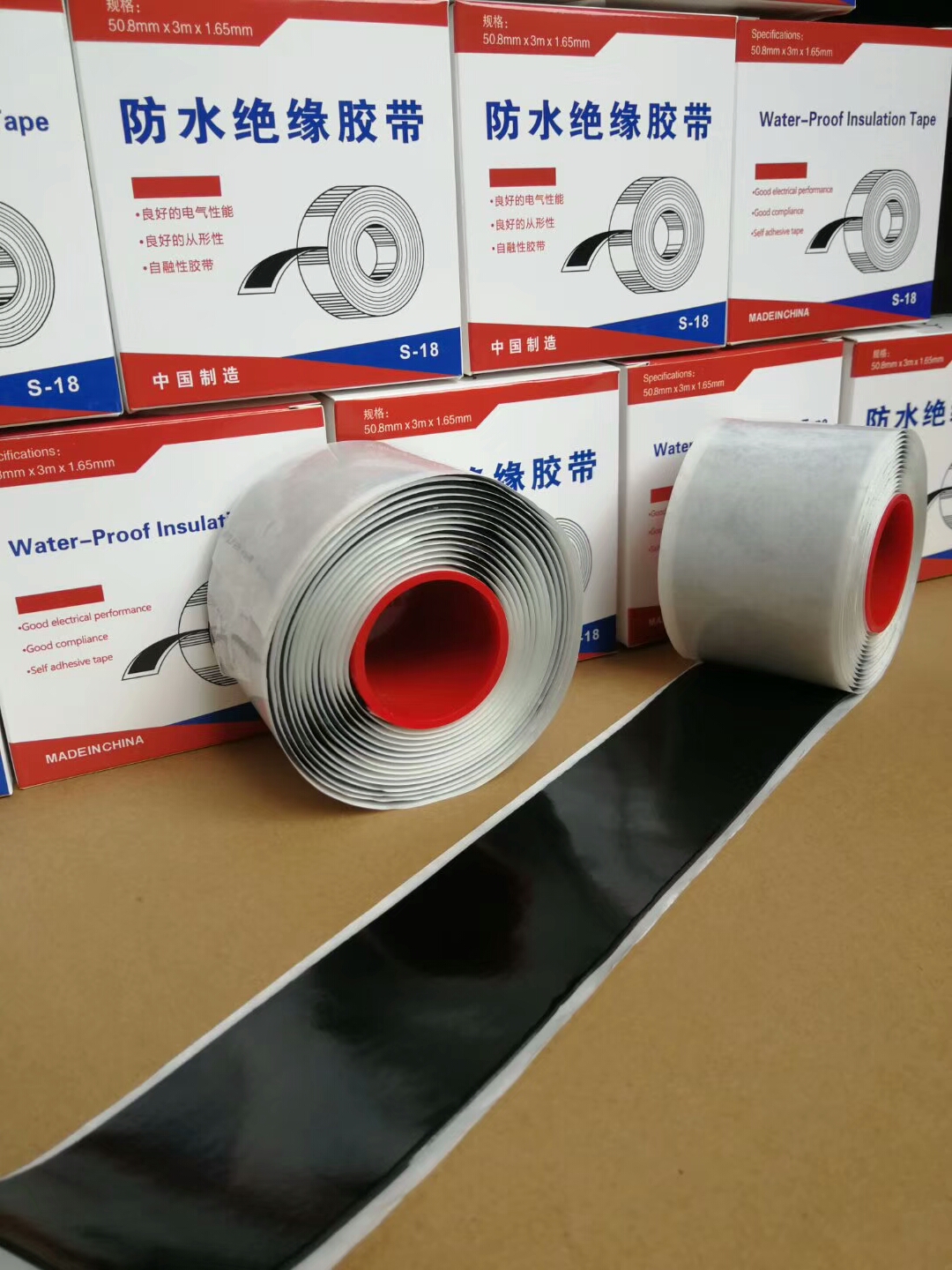Understanding the Different Types of Insulation Tape
Insulation tape is a crucial tool in electrical work, providing protection and insulation for wires and cables. It's designed to resist electrical currents, moisture, chemicals, and even UV radiation, making it essential for ensuring safety in various applications. With a variety of insulation tape types available, it's important to understand their unique properties and appropriate uses. In this article, we will explore the different types of insulation tape, their characteristics, and where they are commonly applied.
1. PVC Insulation Tape
Polyvinyl Chloride (PVC) insulation tape is one of the most common types of insulation tape used in electrical applications. It is well-known for its excellent insulating properties, flexibility, and durability. PVC tape can withstand temperatures from -10°C to 80°C (14°F to 176°F), making it suitable for both indoor and outdoor use. In addition to its electrical insulation capabilities, PVC tape is also resistant to abrasions and chemicals. It is often used for wrapping wires, bundling cables, and even for color coding applications.
2. Rubber Insulation Tape
Rubber insulation tape is made from synthetic rubber and offers superior insulation compared to PVC. It is particularly beneficial in applications that require a tight seal to prevent moisture ingress, as it conforms well to uneven surfaces. Rubber tape can operate safely in temperatures ranging from -40°C to 90°C (-40°F to 194°F), which makes it suitable for harsher environments. Additionally, rubber insulation tape is often self-fusing, meaning it bonds to itself when applied correctly, providing a robust seal that can resist water and dust.
Fiberglass insulation tape is designed for high-temperature applications, often used in industrial settings or for electrical insulation on heavy machinery. This type of tape is coated with a silicone adhesive that allows it to resist temperatures up to 350°C (662°F). Fiberglass tape is not only heat-resistant but also has excellent dielectric properties, making it suitable for use in transformer insulation and for wrapping wires that experience high thermal stress.
insulation tape types

4. Vinyl Electrical Tape
While similar to PVC tape, vinyl electrical tape is made specifically for electrical insulation applications. It is widely used in a variety of electrical tasks, including wiring harnesses, splicing, and terminations. Known for its stretchability, vinyl tape can wrap tightly around irregular surfaces. Furthermore, it is available in several colors, enabling users to easily color-code cables for identification and organization. It is also resistant to UV rays, making it suitable for outdoor applications where exposure to sunlight is a concern.
5. Self-Amalgamating Tape
Self-amalgamating tape is a specialized insulation tape made from a rubber-based compound that does not have any adhesive on one side. Instead, it amalgamates or fuses to itself when wrapped around an object, providing a seamless, watertight seal. This tape is highly effective in insulating and protecting electrical components in wet environments. Self-amalgamating tape is commonly used in automotive applications, as well as in marine, electrical, and telecommunications industries due to its high resistance to moisture and temperatures from -60°C to 200°C (-76°F to 392°F).
6. Teflon Tape
While not traditional insulation tape, Teflon tape is frequently used in electrical work, particularly for insulating threaded connections and preventing leaks in plumbing applications. Teflon tape is extremely resistant to chemical corrosion and operates effectively in high-temperature environments. It is important to note that Teflon tape is not suitable for high-voltage applications, as it is not designed to withstand electrical currents.
Conclusion
Selecting the right type of insulation tape is essential for ensuring safety and effectiveness in electrical projects. Each tape type has unique properties that make it suitable for specific applications, from PVC and rubber to fiberglass and self-amalgamating tapes. Understanding these differences allows professionals and DIY enthusiasts to choose the most appropriate tape for their needs. Whether you are working in the home, the automotive sector, or an industrial environment, having the right insulation tape can make all the difference in achieving quality and reliability in your electrical installations.
-
XIANGFAN Rubber Tape-Ultimate Solutions for All Your Insulation NeedsNewsJun.24,2025
-
XIANGFAN Rubber Tape-Protection for Industrial and Residential ApplicationsNewsJun.24,2025
-
XIANGFAN Rubber Tape: Superior Safety and Sealing for Demanding EnvironmentsNewsJun.24,2025
-
XIANGFAN Rubber Tape: Reliable Solutions for Every Electrical ChallengeNewsJun.24,2025
-
XIANGFAN Electrical & Industrial Tape: Powering Reliability Across IndustriesNewsJun.24,2025
-
XIANGFAN Electrical & Industrial Tape: Excellence in Every ApplicationNewsJun.24,2025
